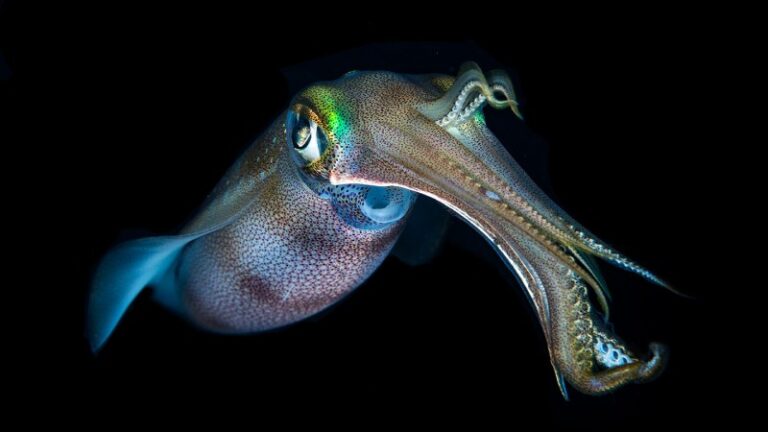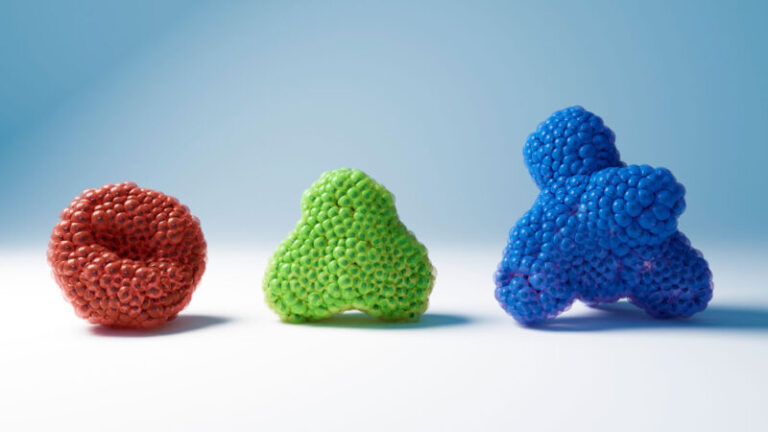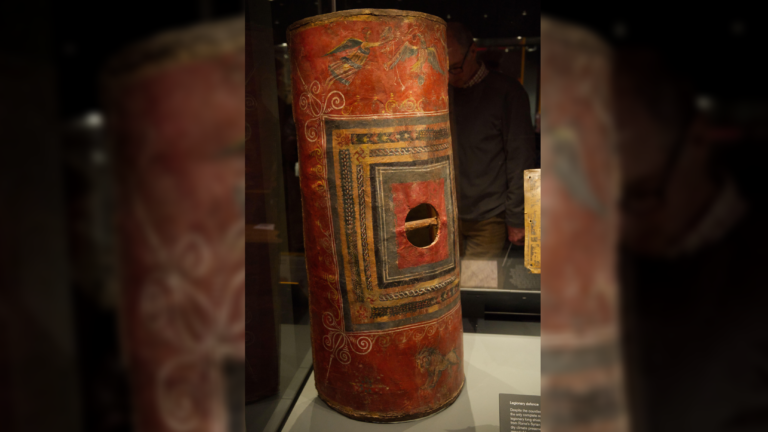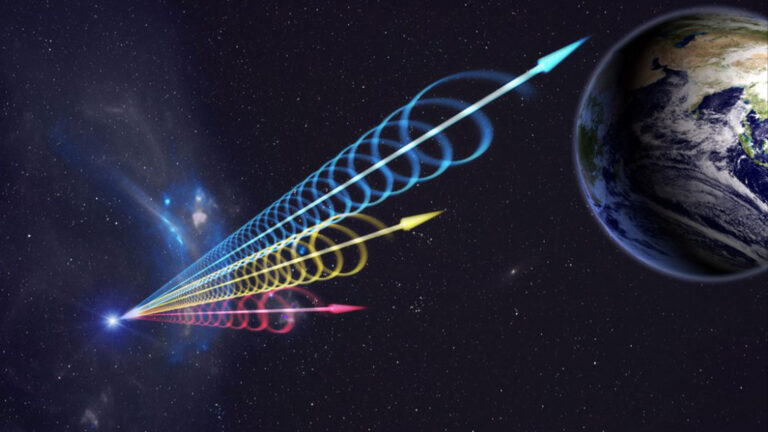A squid-inspired medical device could reduce the need for needles

The device, which directs a liquid by mimicking squids’ high-pressure jets, could provide alternative delivery methods for injectable drugs.
Science and Technolgy blog

The device, which directs a liquid by mimicking squids’ high-pressure jets, could provide alternative delivery methods for injectable drugs.

The Kanlaon volcano in the Philippines erupted today (Dec. 9) at 3:03 p.m. local time, spouting an eruption column of up to 1.86 miles (3 kilometers) into the sky and triggering the evacuation of 87,000 people.

A dense cluster of bright stars, each with six large and two small diffraction spikes, due to the telescope’s optics.

Trees are important for the health of our planet. For one, they pull carbon dioxide, a planet-warming gas, out of the air. But they also take up methane gas, scientists have now learned. Methane is even more potent as a…

Organoid (noun, “OR-guh-noid”) An organoid is a model of an organ made from living cells. Organoids are lab tools that mimic the functions of real organs. Organs carry out specific jobs in our bodies. Digestion begins in the stomach. The…

A wood and leather shield dating to around A.D. 250 is one of only a few complete Roman scuta ever found.

A car driving by a raging wildfire in Orange County, California.

The Cold Moon — the 12th and final full moon of 2024 — will rise on Dec. 15 and ascend higher into the night sky than any other, to sit alongside the planet Jupiter.

An asteroid hitting a neutron star could release enough energy to power humanity for 100 million years, more than enough to explain fast radio bursts.

Two new studies have revealed why some cats are orange — an enduring enigma of genetics, until now.